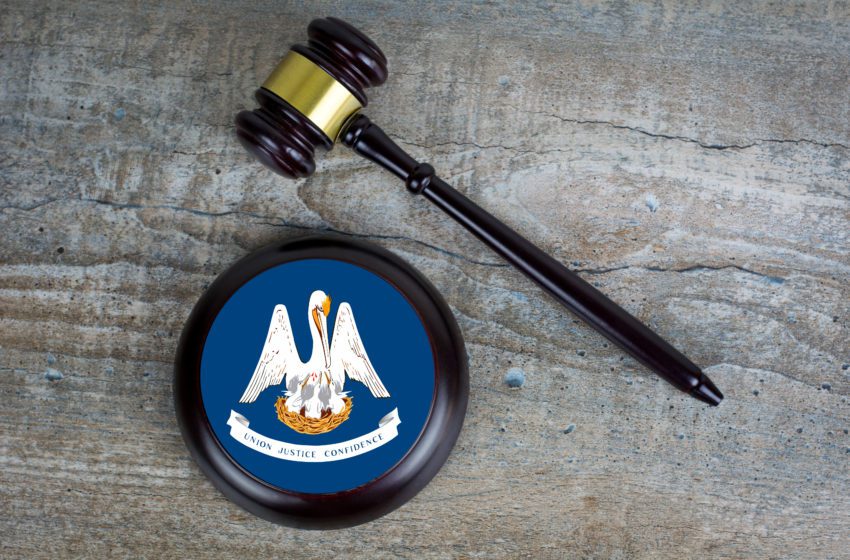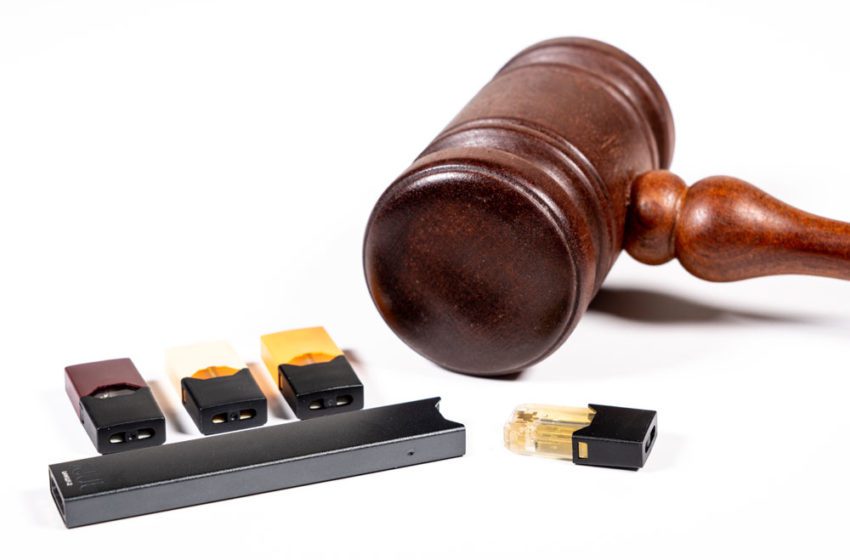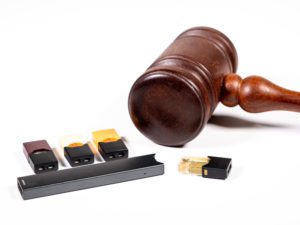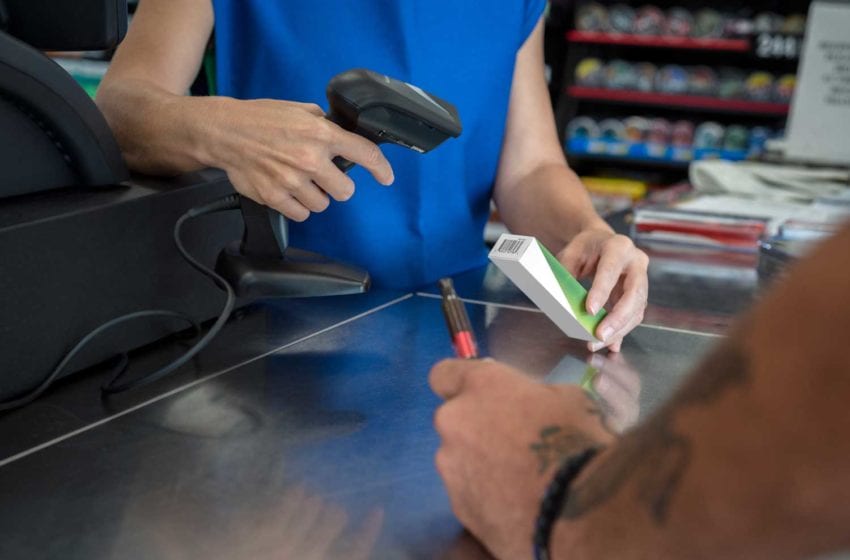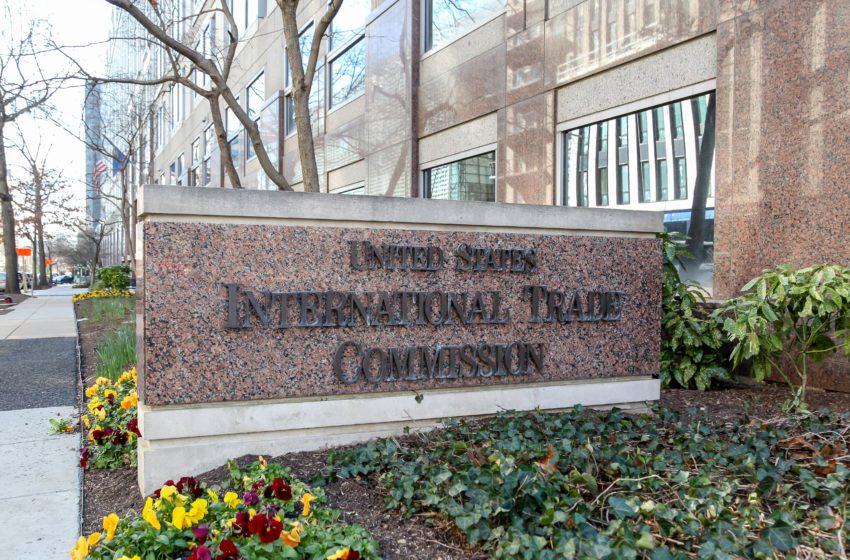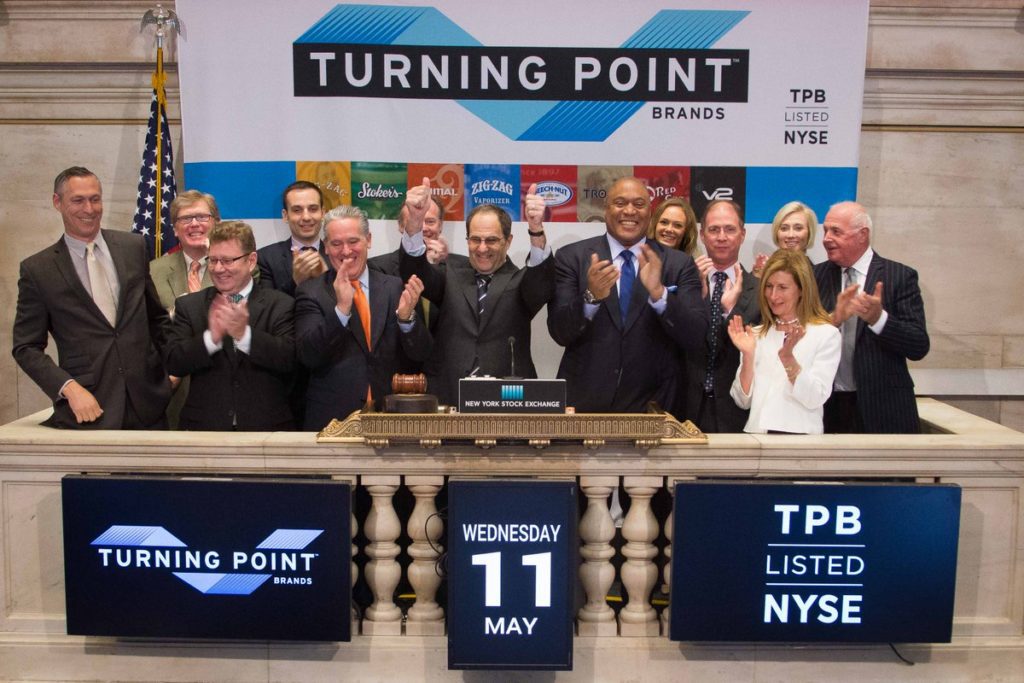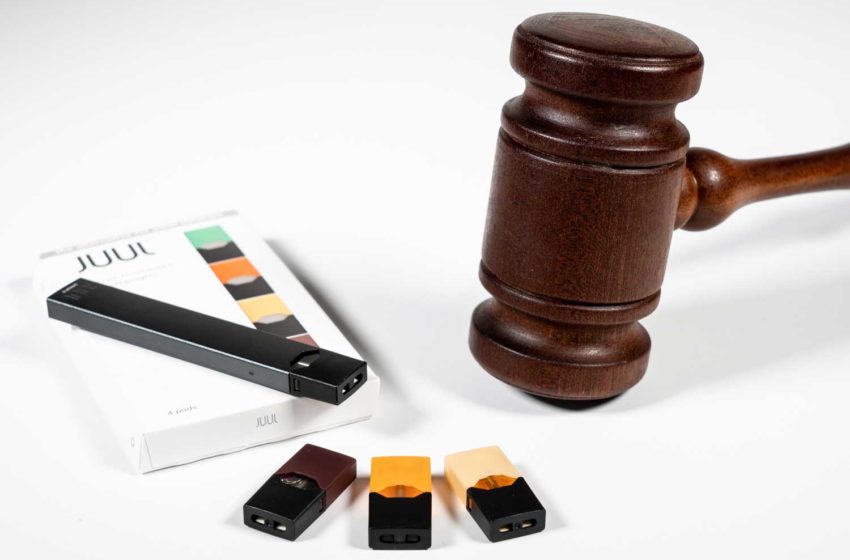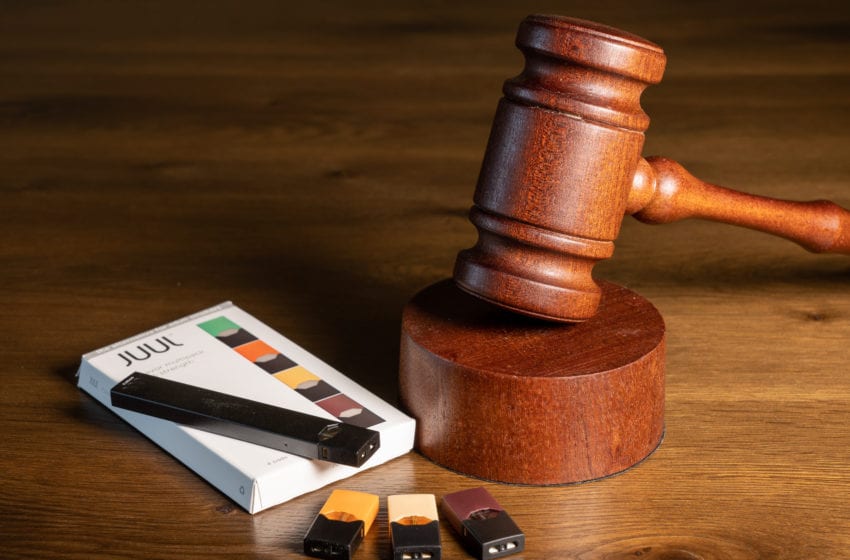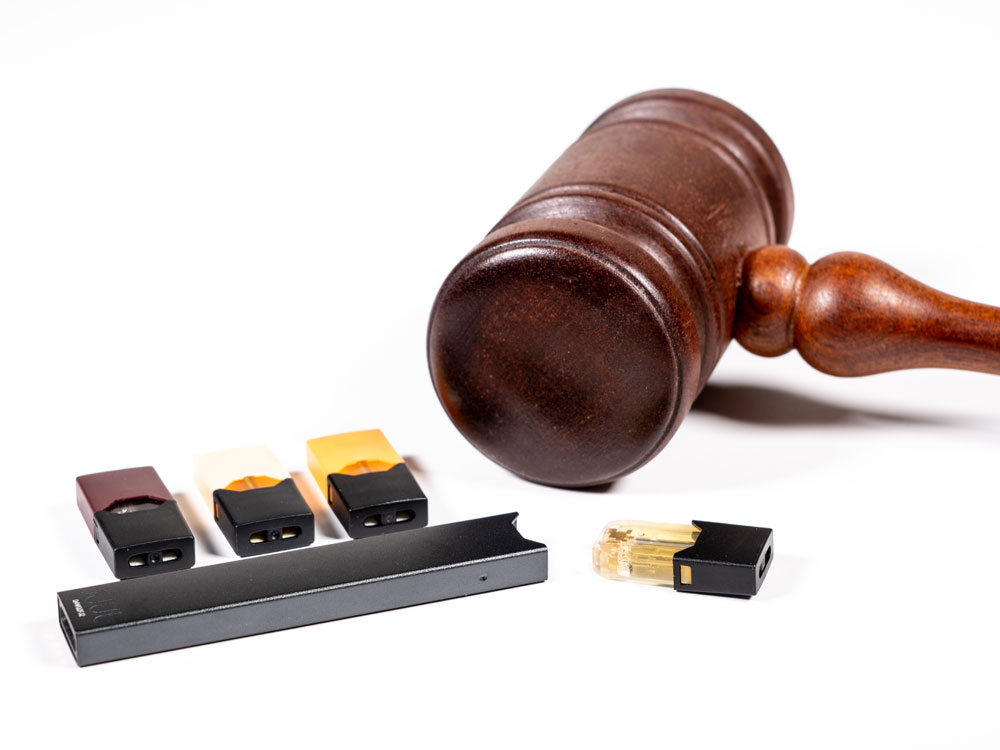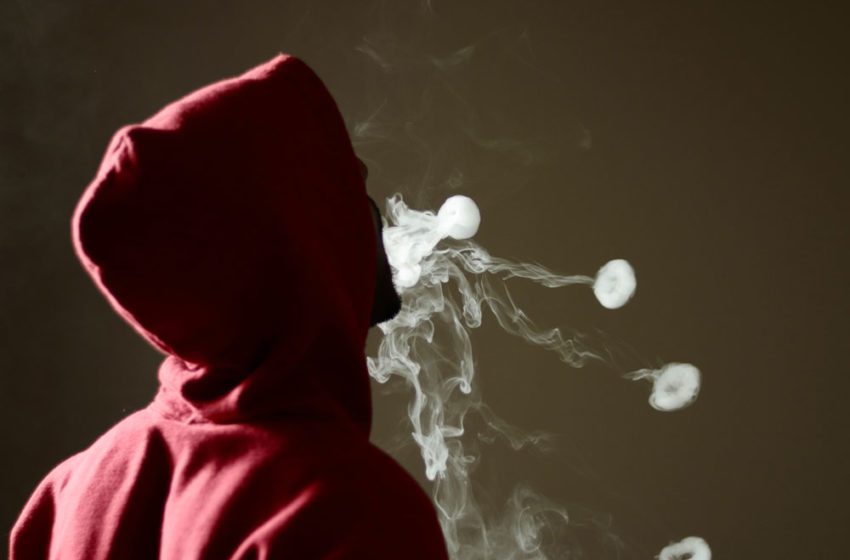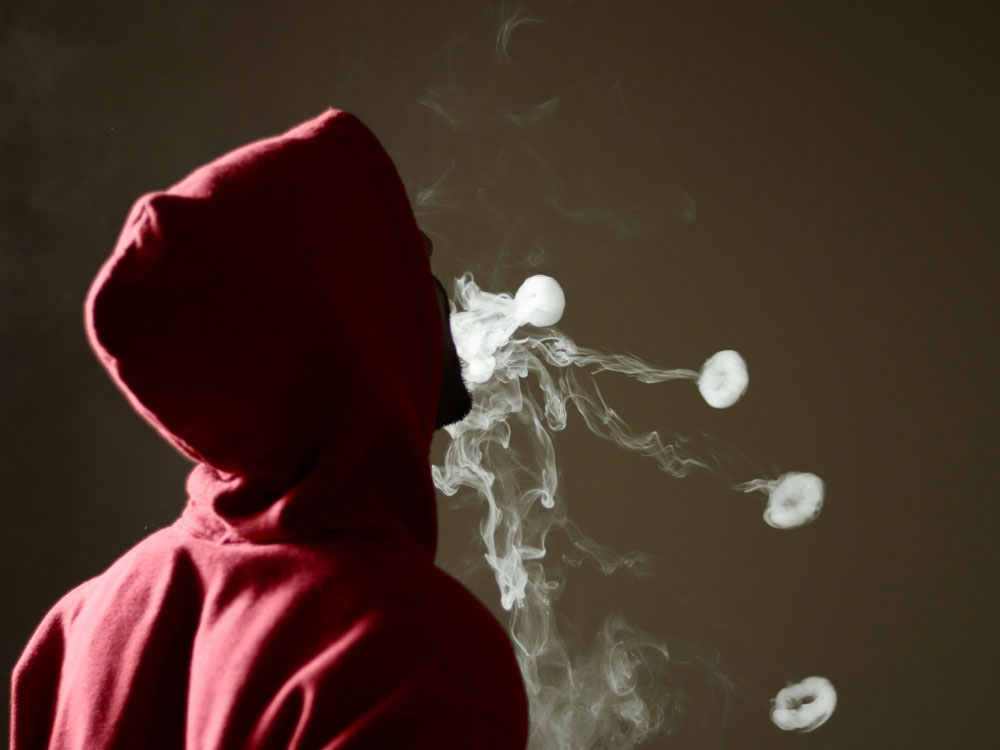
Juul Labs has agreed to pay $10 million to settle a lawsuit the Louisiana Attorney General’s Office filed for deceptive marketing practices. Juul has settled similar cases in Washington state — agreeing to pay $22.5 million — as well as Arizona and North Carolina.
“This settlement is another step in our ongoing effort to reset our company and we applaud the Attorney General’s plan to deploy resources to combat underage use,” reads a statement form Juul Labs. “We will continue working with federal and state stakeholders to secure a fully regulated, science-based marketplace for vapor products.”
In the Louisiana case, Attorney General Jeff Landry had accused Juul Labs of marketing its e-cigarettes to youth, according to a news report.
In a 76-page filing in November, Attorney General Jeff Landry claimed Juul used marketing tactics that included designing sleek, concealable devices that featured “fun flavors like mango and cool mint” and edgy ad campaigns directed towards youth.
Landry also accused Juul of “deceptive marketing practices” regarding the device’s concentrations of nicotine. Landry’s office had sought to prevent Juul from selling the product to minors and wanted to limit available flavors to tobacco and menthol. Prosecutors also sought financial penalties from Juul.

